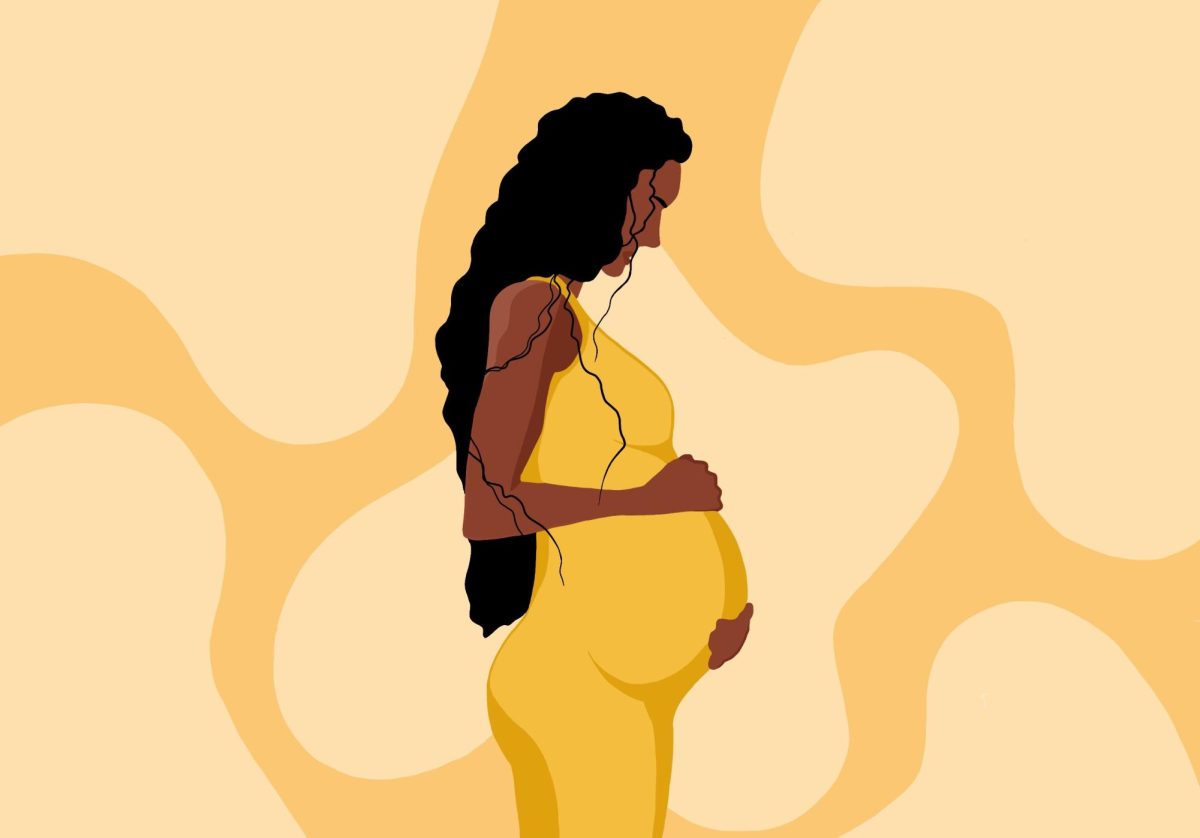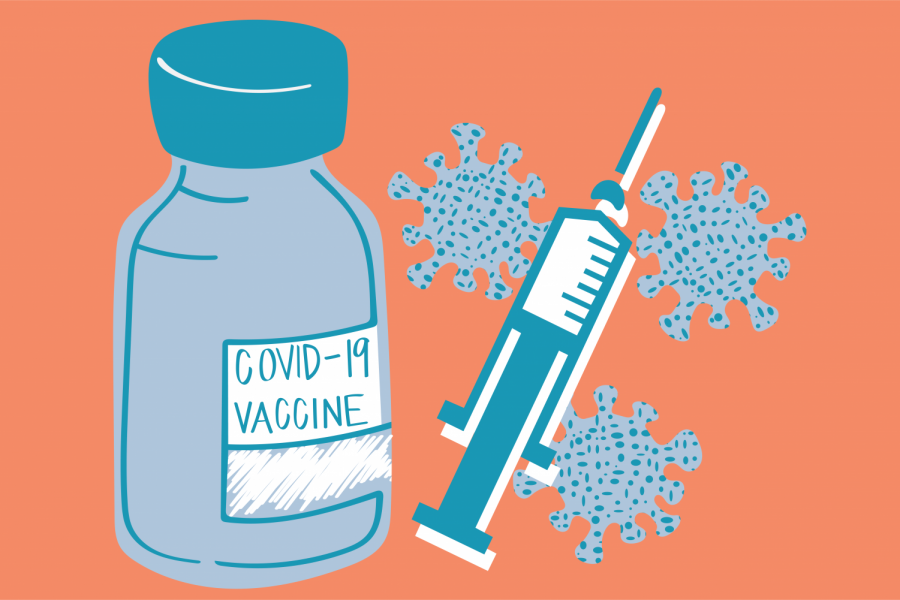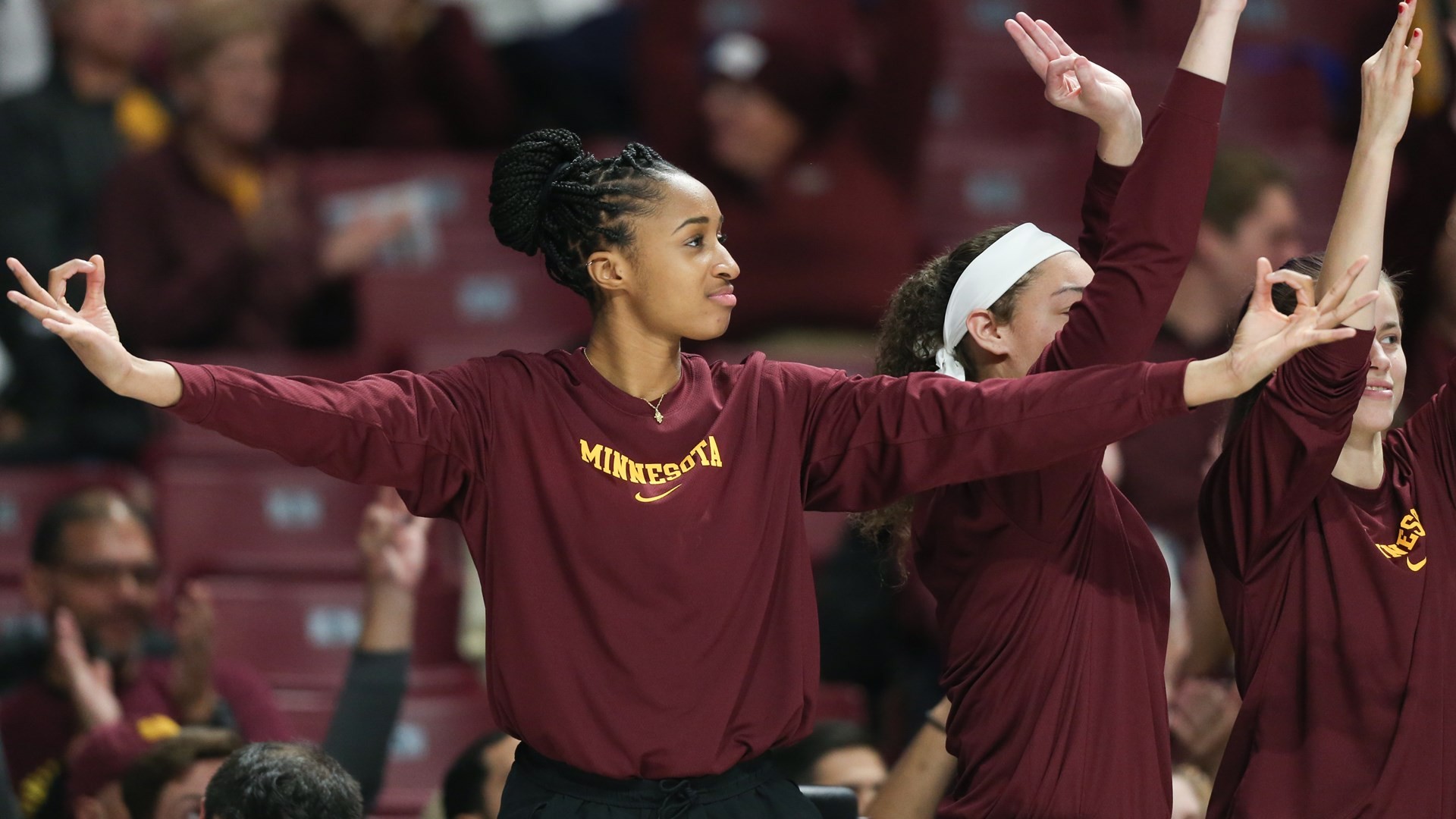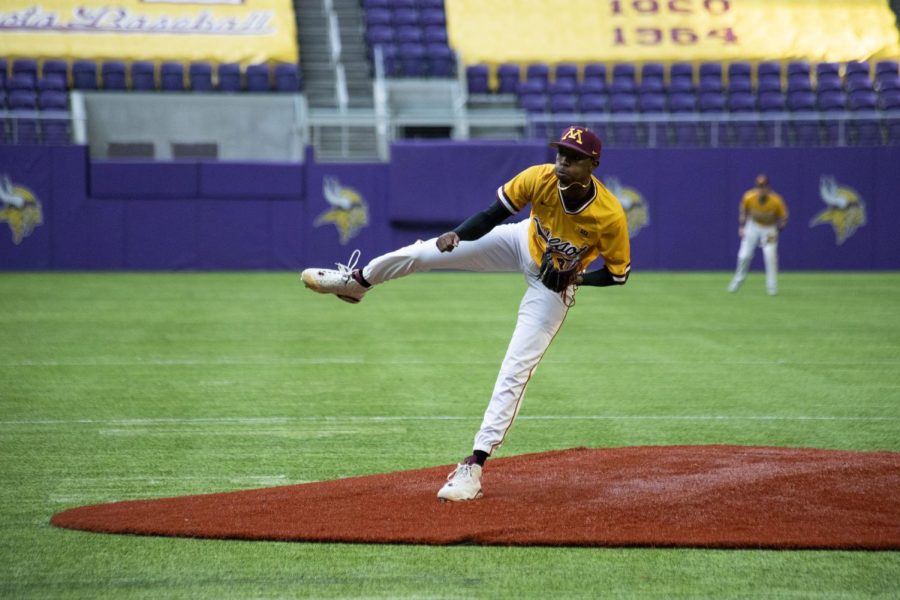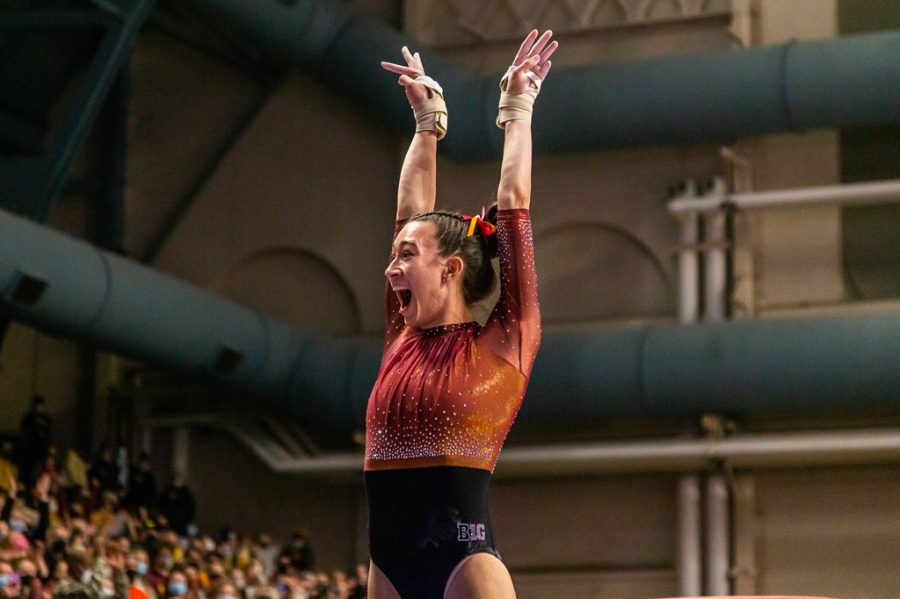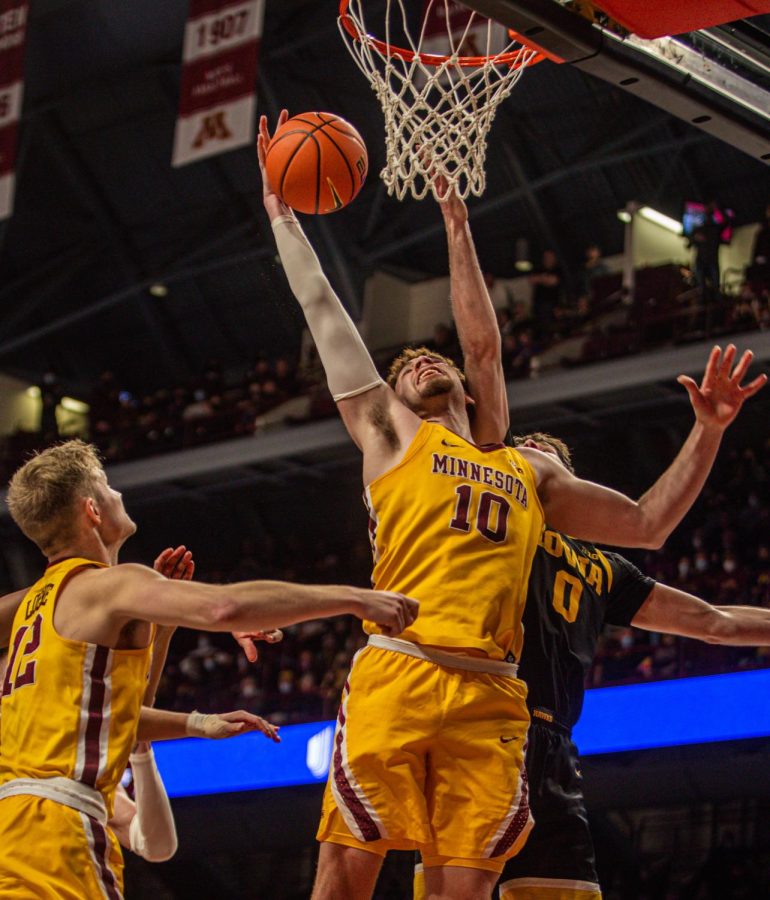“We are a reflection of our society, aren’t we?” George John, a professor of marketing at the University of Minnesota, said. “This pandemic has gotten so politicized, I don’t want to be in the shoes of any policymaker.”
University students and faculty expressed conflicting viewpoints about what actions the University should take to mitigate the spread of COVID-19 on campus, especially since Minnesota currently has the fourth highest daily infection rate in the country.
While some members of the faculty senate have called for increasing administrative action to instate higher safety measures, other faculty members said they believe at this point, all students, professors and administrators can do is be flexible as the University navigates unprecedented circumstances.
Eighteen faculty senators called for a special session of the Faculty Senate to consider the “Resolution on Classroom Health and Safety Under COVID-19.” This resolution passed with a large majority in both the University and faculty senate in special sessions that were held on Oct. 6, 2021.
These measures include routine COVID-19 testing of staff and students, and a stronger demand to require for proof of vaccination.
Jim Cotner, a University professor in the College of Biological Sciences and member of the faculty senate, said he believes the University was receptive to the resolution.
“As always is the case with these kinds of things, [the administration] didn’t totally embrace everything that we asked,” Cotner said. “But at the end of the day, I feel like they listened.”
As of Nov. 23, the University did strengthen the proof of vaccination requirements in compliance with President Joe Biden’s executive order requiring employees working under federal contracts to submit proof of vaccination, according to Ken Horstman, University vice president of human resources.
Horstman said the University is obligated to collect proof of vaccination because it receives funding from the federal government.
Less concern with recent spike due to high vaccination rates
Philippe Buhlmann, a professor and member of the faculty senate, said there has been high willingness from faculty and students to get vaccinated, and in his experience, that the transition from online to in-person classes has gone well.
He added that in a University Senate meeting on Dec. 2, it was reported that throughout the fall semester, there has not been any classroom outbreaks or outbreaks traceable to a specific place on campus.
Despite a spike in COVID-19 cases occurring around this same time last year, some faculty members said they are not as concerned about experiencing a similar spike this year, largely because of the high campus vaccination rates.
Rachna Shah, a Carlson School of Management professor and faculty senate member, expressed a similar perspective.
“I am not very anxious about spiking COVID rates,” Shah said. “If you just look at the vaccination rates in Minnesota, they are very high.”
According to Horstman, there has not been a spike in COVID-19 cases since students have returned back on campus from Thanksgiving break so far. However, Cotner said he is still worried because Minnesota has one of the highest numbers of new COVID-19 cases in the country.
Future administrative action
At the Dec. 2 University Senate Meeting, with stricter requirements for proof of vaccination, the question of what punitive actions for University faculty who did not submit proof or have exemptions would look like came up, Buhlmann said.
According to the Board of Regents’s policy on tenure, in this case, faculty would vote or express opinions on what should happen if a professor refused to submit vaccination proof or file a medical or religious exemption.
More than 95% of faculty supported the formation of a centralized committee where faculty would vote on what should happen in cases like this, Buhlmann said.
Faculty members expressed uncertainty about whether the University will see an increase of COVID-19 cases following the Thanksgiving break and its effects on classes and changes to COVID safety protocols.
“[This is] the point of friction that I doubt we can ever solve,” John said. “I think we’ll just have to roll with the punches.”
Correction: A previous version of this story misrepresented the support for the Resolution on Classroom Health and Safety Under COVID-19. The resolution passed with a majority in both the faculty and University senate in special sections held Oct. 6.





